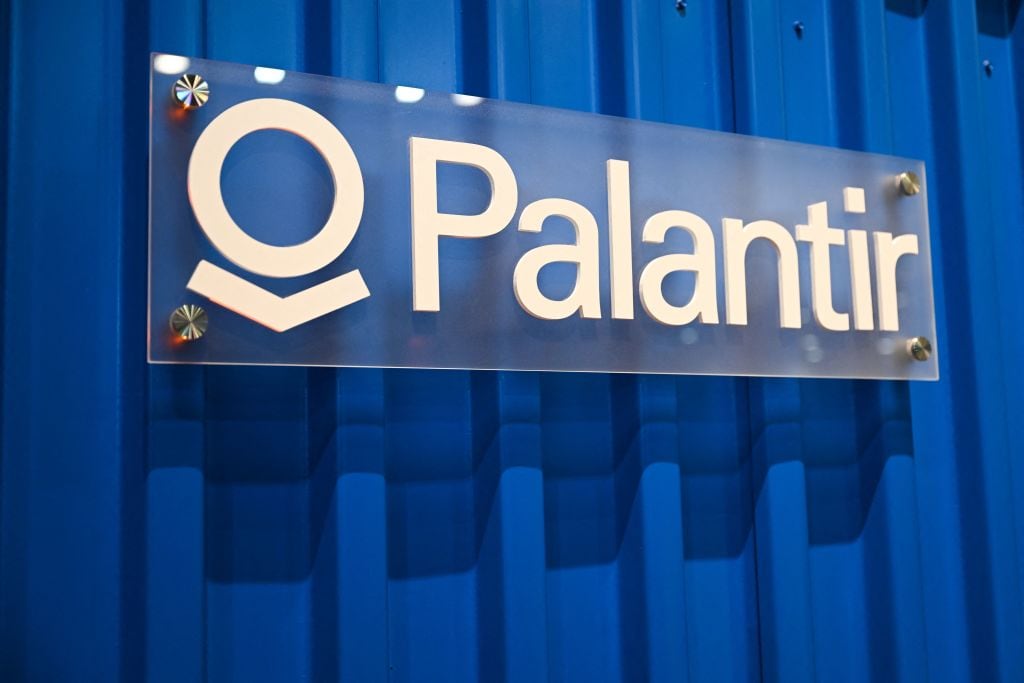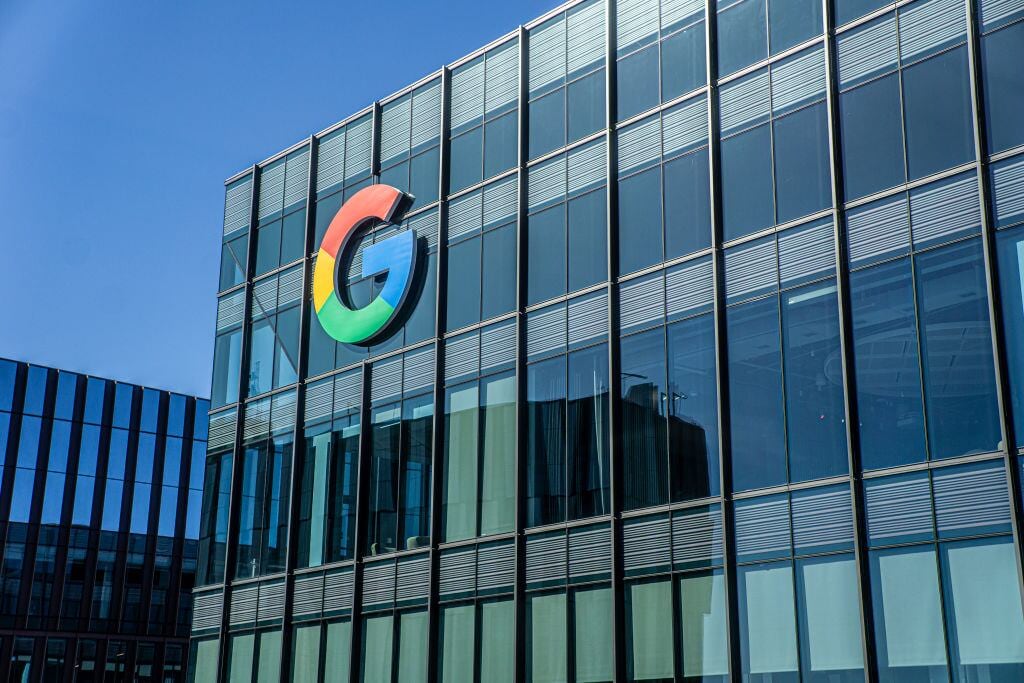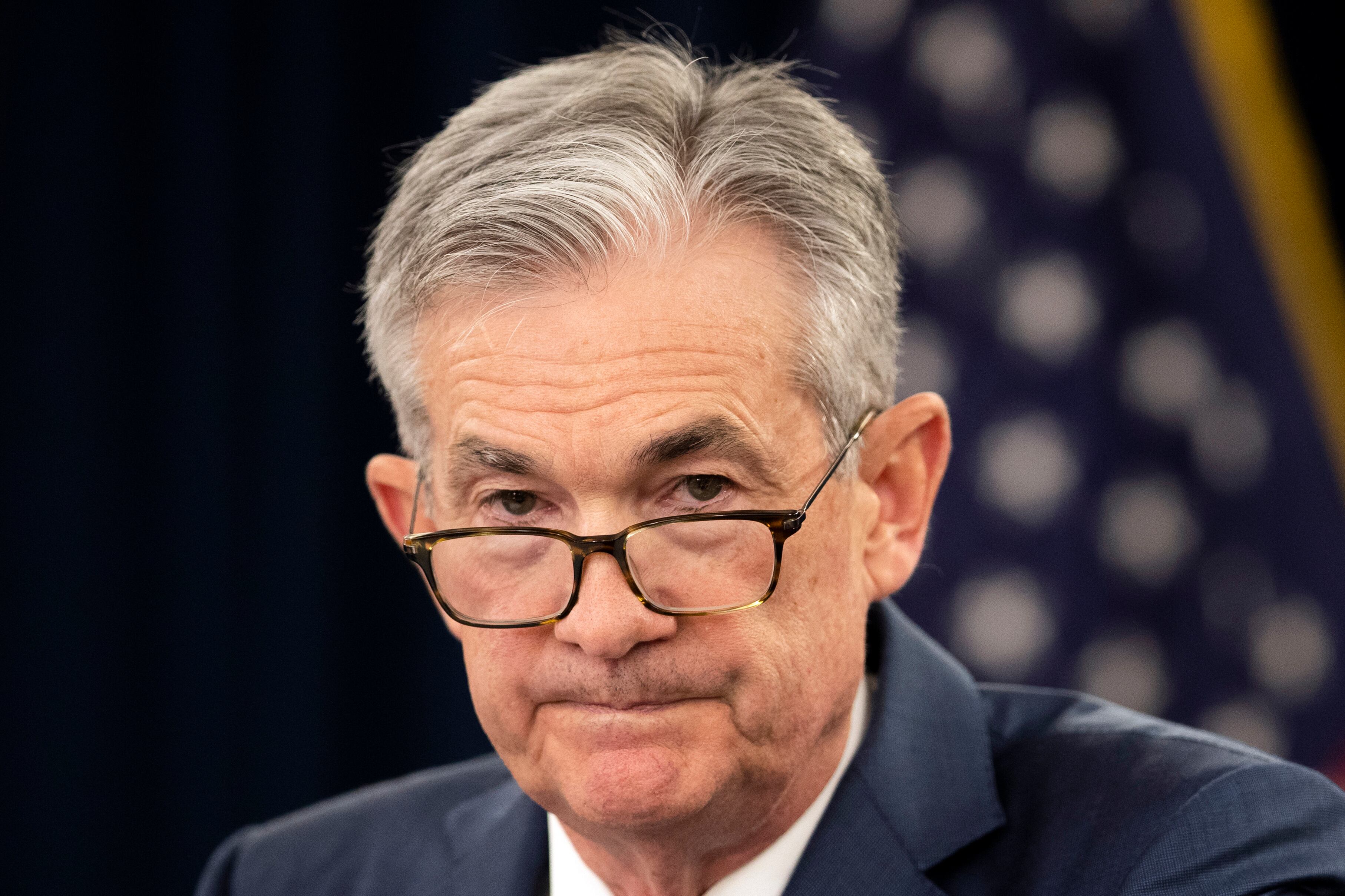*By Alisha Haridasani* Google on Wednesday said it will appeal a record $5 billion fine from EU regulators for using its Android platform to quash competition. But its argument may not have legs to stand on, said Quartz reporter Edmund Heaphy. "The law is quite clear-cut, and the antitrust regulations are quite clear," he said. "This isn't a new thing for the EU. Microsoft was fined in 2004 for a very similar practice." The European Commission holds that Google unfairly leveraged the market position of Android, the mobile operating system that powers about 80 percent of phones in the world. “Google has used Android as a vehicle to cement the dominance of its search engine,” said Commissioner Margrethe Vestager in a [statement](http://europa.eu/rapid/press-release_IP-18-4581_en.htm). The company has 90 days to end its illegal practices and, if it fails to comply, parent company Alphabet will be forced to fork over 5 percent of its average daily revenue. The company brought in $103 billion last year. Google argues its Android system has, in fact, encouraged competition. “Rapid innovation, wide choice, and falling prices are classic hallmarks of robust competition, and Android has enabled all of them,” said CEO Sundar Pichai in a [blog post](https://blog.google/around-the-globe/google-europe/android-has-created-more-choice-not-less/). The Silicon Valley giant offers the Android system for free to handset makers and makes money off of its search engine. This ruling, however, could force Google to radically change that business model and instead start charging manufacturers to use Android, said Pichai. The fine announced Wednesday is the largest antitrust penalty ever levied, further demonstrating the European bloc's attempts to rein in tech companies that, across the Atlantic, are perceived as untouchable. The EU slapped Google with a separate $2.7 billion fine last year ー which at the time set its own record ー for unfairly promoting its own shopping service in search results. And in May the union implemented the General Data Protection Regulation, raising the standards for user data privacy and forcing companies around the globe to alter their data collection processes. For the full segment, [click here.](https://cheddar.com/videos/google-hit-with-5-billion-eu-fine)












